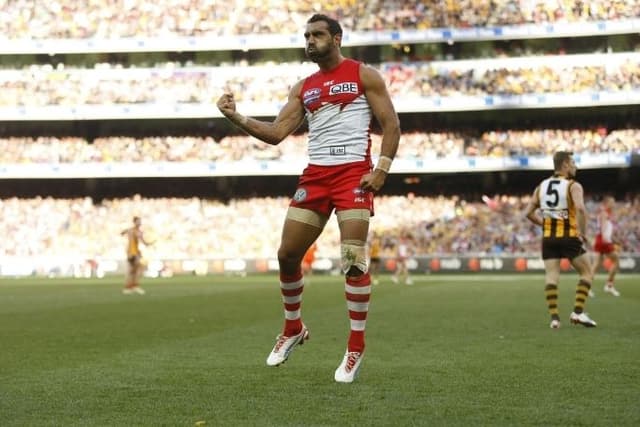
The Final Quarter - Listening To Community
Lesson2 of 3 in this unit
SecondaryYear 7 - 10Humanities and Social SciencesAboriginal and Torres Strait Islander Histories and CulturesHealth and Physical EducationHealthPhysical EducationSocialEqualityHuman RightsIndigenous EducationSocial Action
Summary
Lesson Guides and Printables
Lesson Plan

Student Worksheet

Teacher Content Info
